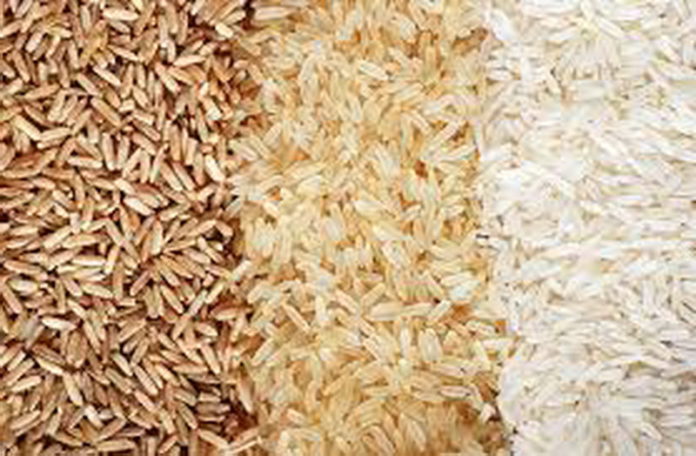The President of the Rice Millers Association of Ghana, Michael Darko is backing the Legislative Instrument seeking to restrict the importation of selected strategic goods into the country.
According to him, the L.I will help to curb Ghanaians’ taste for foreign products, especially rice.
Speaking on the Super Morning Show, Mr. Darko explained that, the initiative if well implemented will result in a boost in the rice industry.
He added that government can also purchase and distribute home-grown produce to institutions like schools, which will help Ghanaians familiarize themselves with the locally produced rice and align their taste preferences accordingly.
“If government will procure rice and pay on time to institutions including our Senior High Schools and all boarding schools, that will ensure that the mindset of Ghanaians and their taste buds get adjusted to what we are producing locally. That is the first and very low hanging fruit that can be achieved and can help with this.”
He also added that, advertising and marketing play a crucial role in influencing Ghanaians as people buy what attracts them.
He stated that certain brands are seen to be superior to others because of advertisement and there is a need to promote Ghana rice since they are of high quality.
“It’s about the government machinery pushing and then it’s about us finding the right investors and marketing to push Ghana rice. It cannot just be over the Christmas and Easter season. It needs to be deliberate and sustainable over a long term period as all the foreign imported rice and other products continuously do.
“You don’t see imported items stop marketing. We continue to utilize them but they continue to market them on a daily basis.”
Mr. Darko stated that, both the government and the private sector have to support the advertising of locally produced rice.
“Government needs to put in the effort. As I said, through procurement for free SHS to National Buffer Stock and all these institutions.
“Then in terms of advertising, it has to be a combination of the private sector and the government. Now when people are putting up mills and struggling to get working capital, it’s hard for them to allocate a 100,000 cedis or 500,000 cedis to media stations to promote their rice brands throughout the year.
“This is something that government needs to work together with private sector and other organizations around the country.”
ALSO READ:

